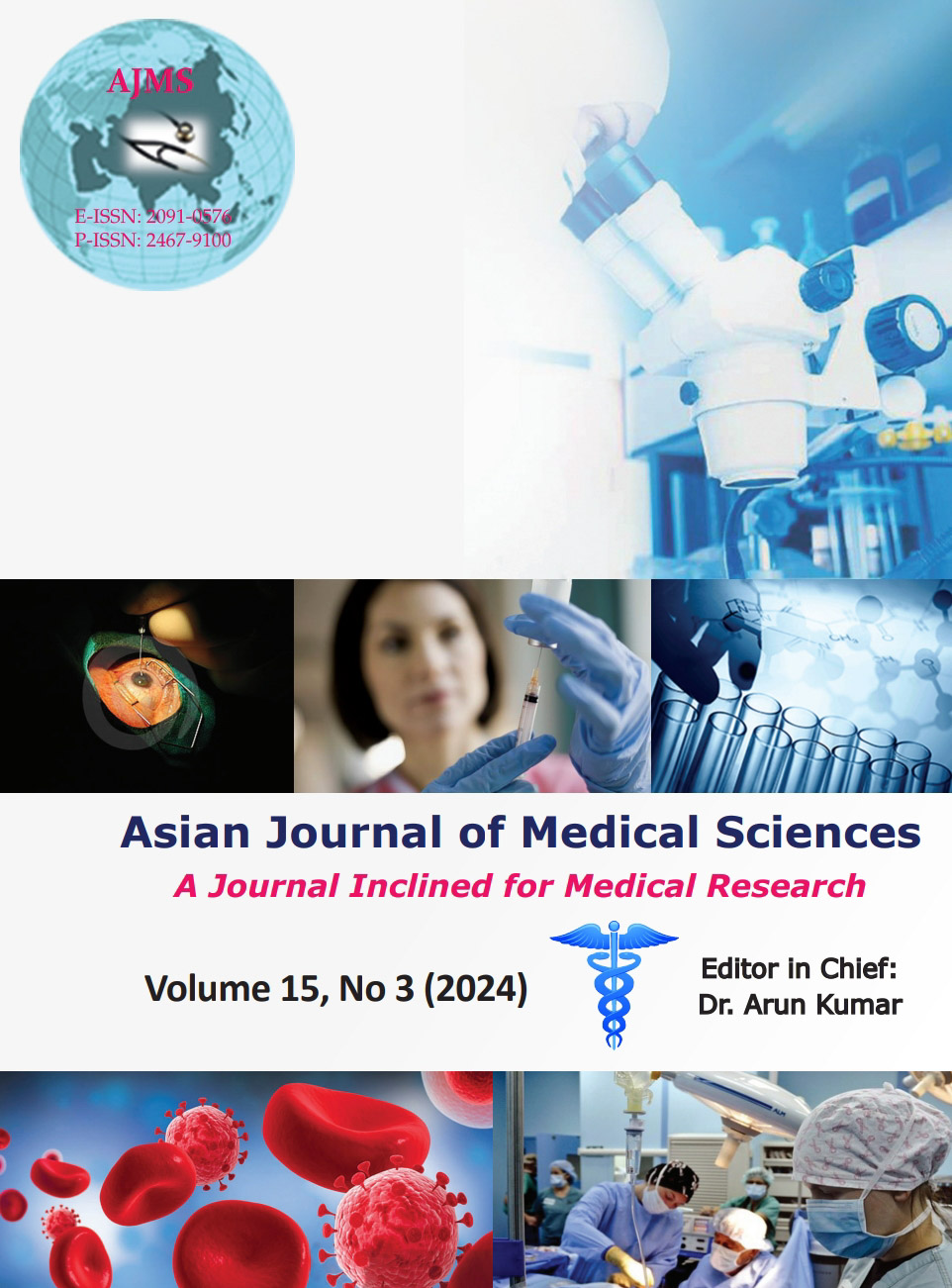Littoral cell angioma: An incidental finding in a traumatic spleen
Keywords:
Littoral angioma; Spleen; Trauma; ImmunohistochemistryAbstract
Littoral cell angioma (LCA) of the spleen, a rare vascular tumor, is usually asymptomatic, often discovered incidentally and a majority of them are benign in nature. A 20-year-old boy with a history of blunt abdominal trauma, who underwent splenectomy showed the presence of a capsular tear and variegated outer surface on gross examination of the spleen. On the cut section, multiple nodular areas with areas of hemorrhage were noted. Microscopical examination revealed the proliferation of anastomosing, irregular, tortuous blood-filled channels with plenty of histiocytes in the splenic tissue and extensive areas of hemorrhage, inflammatory cell infiltration, and fibrinoid deposits. Immunohistochemistry revealed positivity for CD31 (endothelial differentiation), CD68, and lysozyme (histiocytic differentiation) but was negative for CD34. The final diagnosis was LCA in a case of ruptured spleen after ruling out angiosarcoma. The possibility of this benign entity to have contributed to the potentially fatal splenic injury cannot be overlooked.
Downloads
Downloads
Published
How to Cite
Issue
Section
License
Copyright (c) 2024 Asian Journal of Medical Sciences

This work is licensed under a Creative Commons Attribution-NonCommercial 4.0 International License.
Authors who publish with this journal agree to the following terms:
- The journal holds copyright and publishes the work under a Creative Commons CC-BY-NC license that permits use, distribution and reprduction in any medium, provided the original work is properly cited and is not used for commercial purposes. The journal should be recognised as the original publisher of this work.
- Authors are able to enter into separate, additional contractual arrangements for the non-exclusive distribution of the journal's published version of the work (e.g., post it to an institutional repository or publish it in a book), with an acknowledgement of its initial publication in this journal.
- Authors are permitted and encouraged to post their work online (e.g., in institutional repositories or on their website) prior to and during the submission process, as it can lead to productive exchanges, as well as earlier and greater citation of published work (See The Effect of Open Access).




